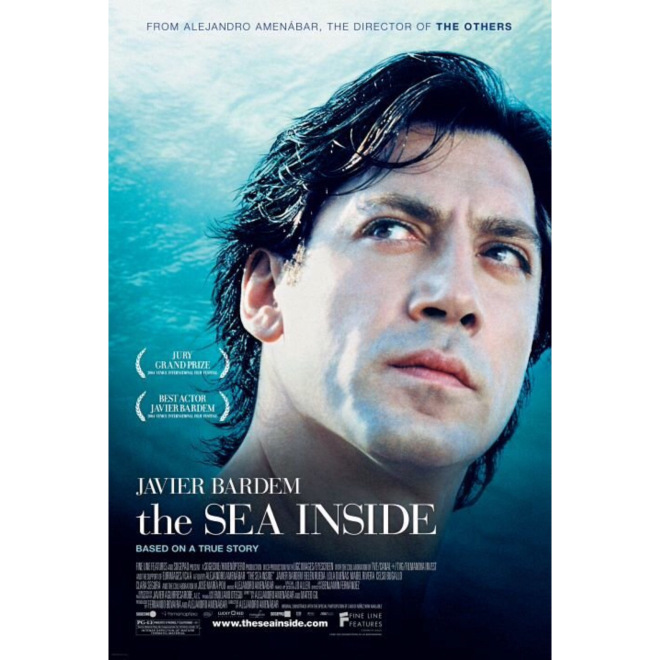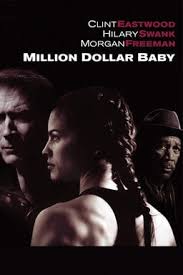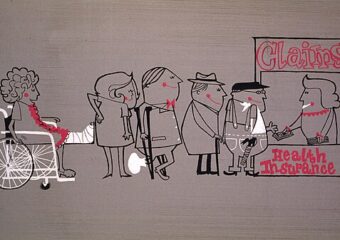The two movies, The Sea Inside and Million Dollar Baby, intersect at the decision some people can be forced to make when someone they love asks for help in ending his or her life. In both cases, the people requesting are quadriplegics—one as a result of a diving accident, and the other from a boxing match—who prefer not to continue living. The movies explore the processes involved in affecting the decisions of people (family, friends) to assist or not. The processes are different for these two scenarios with one being based on reason and the other on emotion.

In The Sea Inside, based on a true story, the director Alejandro Amenábar focuses on reasons the quadriplegic character, Ramón Sampedro, offers for his wish to end his life. He seems happy in the bosom of a loving and caring family and as the object of the love and affection of two adoring women, Julia and Rosa. Yet, he sees a better place for himself that can be attained only after death and he makes his case through dispassionate arguments based on reason. From the beginning of the film to the end, there is mostly talk about why he should want to die and why he should be permitted to die.

In Million Dollar Baby, the director, Clint Eastwood, focuses on emotion as the driving force for the decision of Frankie Dunn, a boxing manager and coach, to comply with his boxer Maggie’s request for helping her die. Most of the movie works to develop strong emotional ties between these two as they establish their relationship and progress towards the championship they both seek. Only a few scenes depict the decision making process for Frankie after Maggie makes her request. Little talk is devoted to the decision, unlike the dialectic carried throughout The Sea Inside. Frankie and Maggie lost the life they had built based on emotion, and that was enough to justify Frankie assisting in Maggie’s desire to end her life.
Across these two movies, emotion held more sway than reason. Ramón’s arguments never won him the assistance he sought from his family, friends, or the State. But, Rosa’s emotional response to his predicament triggered a sequence of events leading to the end he argued for during the previous twenty-eight years.




